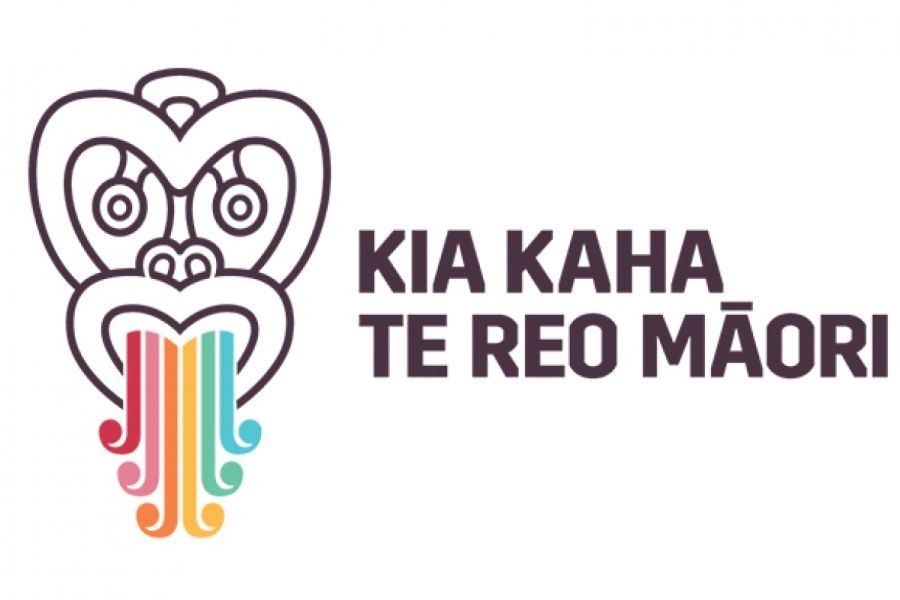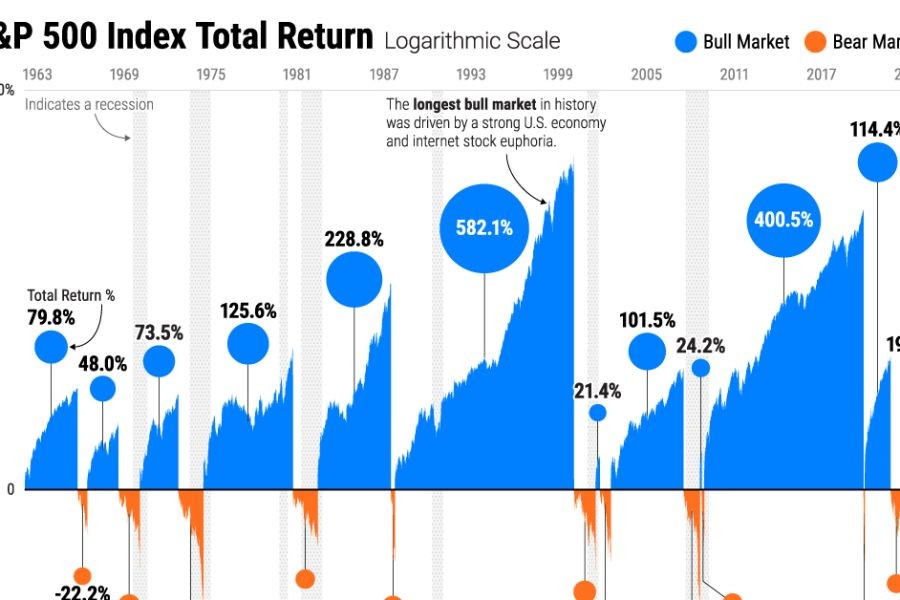In the vibrant and competitive landscape of the Australian culinary scene, health-conscious consumers are increasingly on the lookout for nutritious dining options. However, a growing number of restaurants are exploiting this demand by using misleading “healthy” labels to attract patrons. This practice not only deceives customers but also undermines the integrity of the dining industry. In this article, we delve into why some Australian restaurants resort to fake healthy labels, examine the economic implications, and explore the regulatory landscape aimed at tackling this issue.
Understanding the Trend: Why Fake Healthy Labels?
As Australians become more health-conscious, the demand for healthy dining options has surged. According to the Australian Bureau of Statistics (ABS), there has been a 25% increase in consumer spending on health and wellness-related products and services over the past five years. This trend has prompted restaurants to capitalize on consumers' willingness to pay a premium for perceived healthier options. However, not all establishments deliver on these promises, resorting instead to deceptive labeling practices.
Case Study: A Local Bistro's Deceptive Practices
Consider a local bistro in Sydney that branded its menu items as “low-fat” and “organic” without substantiating these claims. Upon investigation by the Australian Competition & Consumer Commission (ACCC), it was found that these menu items contained high levels of saturated fats and used conventional produce. The restaurant faced a fine and was required to amend its marketing practices. This case underscores the importance of transparency and the repercussions of misleading consumers.
Economic Implications for the Industry
Restaurants employing false health claims can gain short-term profits by attracting health-conscious diners. However, the long-term economic impact can be detrimental. When consumers discover that they have been misled, it can result in loss of trust, brand damage, and a decline in customer loyalty. A study by Deloitte Australia found that 60% of consumers would switch brands after a single negative experience related to false advertising.
Regulatory Framework and Enforcement
In Australia, the ACCC plays a pivotal role in regulating advertising practices, including those related to health claims. The ACCC's guidelines are designed to protect consumers by ensuring businesses do not engage in misleading or deceptive conduct. However, enforcement can be challenging due to the sheer number of businesses and the subtlety of some misleading practices.
To combat this, the ACCC has increased its focus on consumer education, helping diners make informed choices by understanding labels and claims. Additionally, the introduction of stricter penalties for non-compliance aims to deter businesses from engaging in deceptive marketing.
The Role of Consumer Awareness and Education
Empowering consumers with knowledge is key to combating the proliferation of fake healthy labels. When diners are aware of what to look for in genuine healthy options, they can make better choices and hold businesses accountable. Initiatives such as the “Health Star Rating” system, although primarily used in packaged foods, provide a framework that could be adapted for restaurant menus.
Expert Opinion: The Importance of Authenticity in Branding
According to Dr. Sarah Collins, a nutrition expert at the University of Sydney, “Authenticity in branding is crucial for building trust. Restaurants that genuinely offer healthy options not only attract health-conscious customers but also foster long-term loyalty. Transparency and truth in advertising are non-negotiable in today’s health-driven market.”
Future Trends: The Shift Towards Genuine Health Claims
Looking ahead, the demand for transparency and authenticity will continue to shape the restaurant industry. By 2028, it is projected that 50% of Australian dining establishments will incorporate verified health certifications into their menus, according to a report by PwC Australia. This shift is driven by consumer demand for integrity and the competitive advantage that genuine health claims can provide.
Pros and Cons of Health Labeling
Pros:
- Increased Consumer Trust: Authentic health claims build credibility.
- Competitive Advantage: Genuine labeling can differentiate a restaurant in a crowded market.
- Long-term Customer Loyalty: Transparency fosters repeat business.
Cons:
- Regulatory Compliance Costs: Ensuring all claims are verified can be resource-intensive.
- Potential for Misinterpretation: Consumers may misinterpret health claims without proper context.
- Market Saturation: Overuse of health claims can lead to consumer skepticism.
Conclusion: Navigating the Path to Authenticity
In the evolving Australian culinary landscape, the authenticity of health claims is more critical than ever. Restaurants that embrace transparency and genuine labeling practices are likely to thrive, building trust and loyalty among their patrons. As consumer awareness continues to grow, the industry must adapt, ensuring that health-driven dining options are both credible and verifiable. For diners, being informed and discerning is key to making choices that align with their health and wellness goals.
Final Takeaways
- Authentic health claims can significantly enhance consumer trust and loyalty.
- Regulatory frameworks are evolving to address misleading advertising practices.
- Empowered consumers can drive change by demanding transparency and authenticity.
People Also Ask
- How do fake healthy labels affect Australian consumers? Fake healthy labels mislead consumers into purchasing items they believe are nutritious, potentially compromising their dietary goals.
- What are the economic consequences of misleading health labels for restaurants? Restaurants risk losing customer trust and facing regulatory penalties, which can lead to financial losses and brand damage.
- How can consumers identify genuine healthy options? Consumers should look for verified certifications and transparency in ingredient sourcing and preparation methods.
Related Search Queries
- fake healthy food labels Australia
- ACCC misleading advertising cases
- health star rating restaurants
- genuine health claims dining
- consumer trust in restaurant industry
































Enterate Medicare Texas
1 month ago